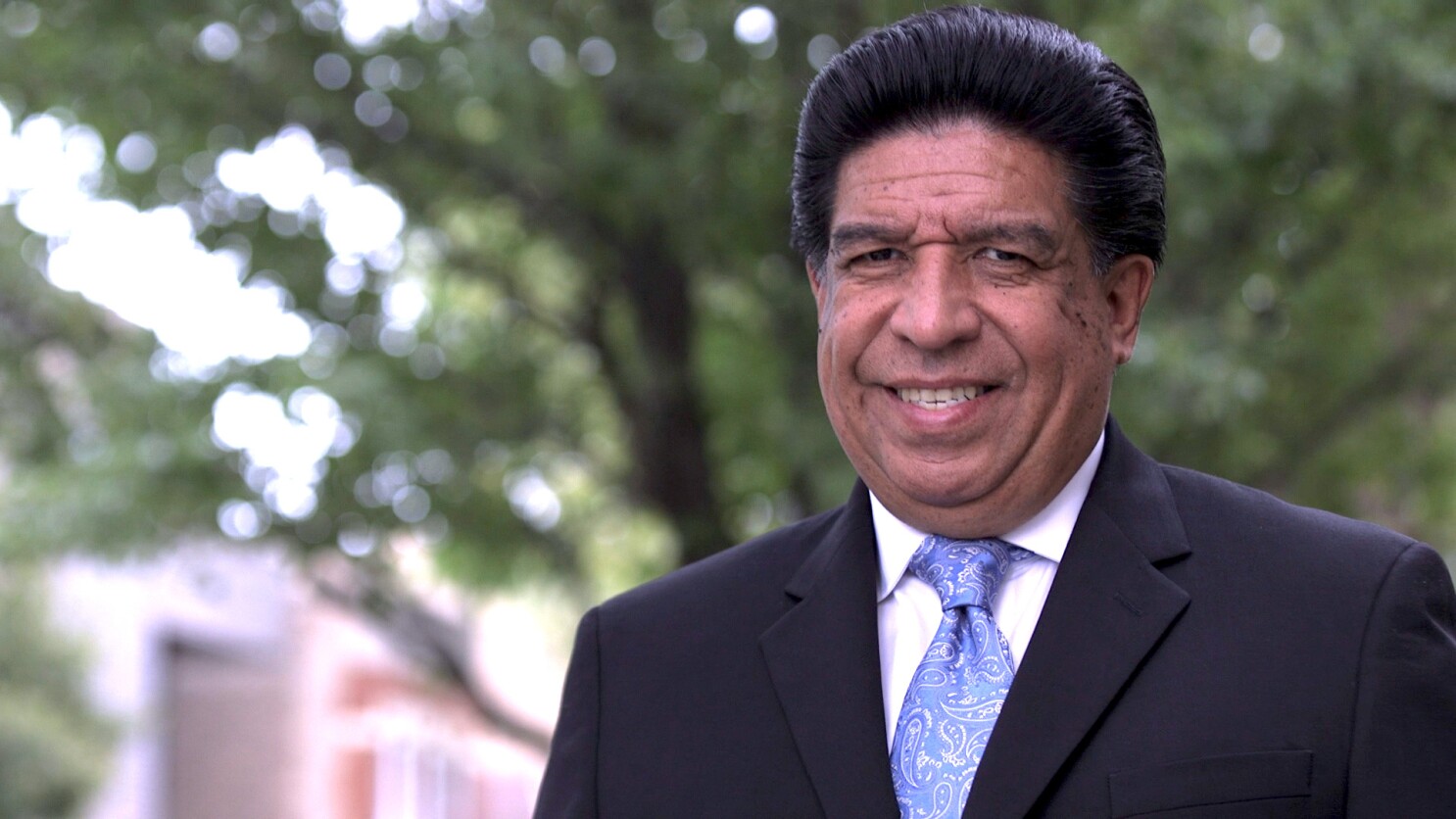Initiating an Appeal in Civil Cases by 9th Circuit Practitioners
Calling all appellate practitioners! Need a quick review on initiating a civil appeal in federal court?
Listen to our experts from our 9th Circuit Court of Appeals Boot Camp: The Nuts and Bolts, which attendees praised as a “grand slam”!
“Really excellent speakers and content, a great intro for newer attorneys or refresher for experienced ones.”
This remarkable program assembled wonderful judges and seasoned litigators to present a comprehensive review of the 9th circuit structure, appellate motion practice, mediation program, appellate brief writing, oral argument, and post-decision practice.
To give you a glimpse of the program, this post shines a light on the first step in Initiating the Appeal in Civil Cases, and is excerpted from a discussion prepared by John F. Querio of Horvitz & Levy and Janet Schroer of Hart Wagner.
And the first step in an appeal is …. Should you appeal?
- Factors to consider include:
- Likelihood of success
- Cost considerations (including whether to retain appellate counsel)
- Timing considerations
- Appeal as settlement leverage
- Do you have an appeal as a matter of right?
- See the Final Judgment Rule, 28 U.S.C. § 1291
- Review the Merger Doctrine/Reviewability of Interlocutory orders, Dupree v. Younger
- Think about other types of appeals as a matter of right (e.g., orders denying motions to compel arbitration under Federal Arbitration Act.
- What about Post-Judgment appeals (e.g., appeals from orders awarding attorney fees/costs, especially in employment and civil rights cases
- If there is no appeal as a matter of right, what are options for interlocutory review?
- Petitions for permission to appeal (FRAP 5)i) Interlocutory appeals by permission (28 U.S.C. § 1292(b))
- Entry of separate judgment as to fewer than all parties/claims (FRCP 54(b))
- Writs (28 U.S.C. § 1651)
This is just the first step of many in initiating your appeal in the 9th Circuit. To learn more, order our 9th Circuit Court of Appeals Boot Camp: The Nuts and Bolts. Since you read this post, you can take $25.00 the precorded package by using this coupon at checkout: 9thBlog25.









